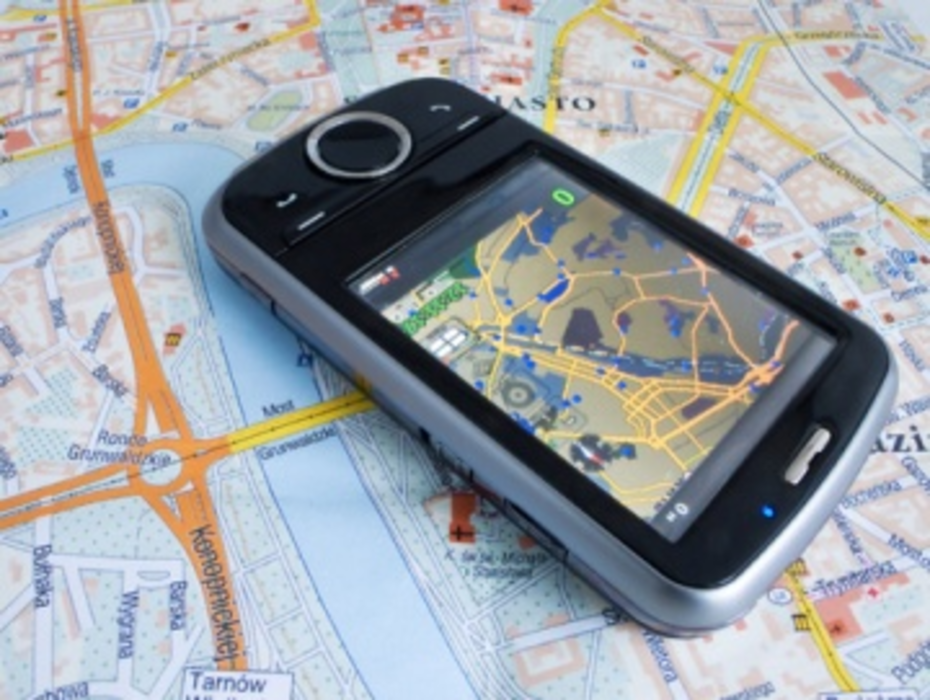What’s unique about mobile advertising is that it’s, well, mobile. Mobile devices, like their owners, are constantly on the move. A marketer might reach a customer with a message that’s inappropriate for the time and place. Picture a video for a liquor brand blaring out of a young mom’s iPhone at a church picnic.
The flip side of this uniqueness is that mobile advertising has the ability to reach a customer with the right message at the right time and place. Picture that same liquor ad playing for a single guy in the back of a limo on his way to a club at midnight.
Taking companies that advertise on its mobile app to that ideal occasion and location is The Weather Channel’s current mission.The Atlanta-based purveyor of weather news began pilot-testing a program in June to help its clients provide information that Weather Channel customers can use at the moment they receive it, no matter where they are.
The program is based on a service called Place Context, from PlaceIQ, which cuts the world into millions of 100-meter-square plots and uses analytics to identify what happens in each during several discreet dayparts. The GPS in that single guy’s phone tells PlaceIQ what time he’s headed to that hot club in Manhattan’s Meatpacking District, determining what message he’ll receive.
The payoff for mobile marketers may be game-changing, according to The Weather Channel’s manager of mobile client solutions Jeff Goldberg. “The Weather Channel is all about time and location—what’s the weather where you are right now,” Goldberg says. “We make billions of impressions for clients, but at the end of the day they want to hit a target. PlaceIQ’s program gives us the first opportunity to do this.”
Goldberg notes that Place Context addresses challenges that have hindered the spread of mobile marketing: targeting and privacy. “You can track online ads, but on mobile there are no cookies, so it’s hard to target,” he says. “And privacy is not an issue with this program, because we‘re targeting a location, not a person. Users opt in for this service, but we don’t know who they are.”
PlaceIQ has been refining its service for two years, and recently expanded its capabilities through an arrangement with cloud-based analytics provider Kognitio that essentially rents space from Amazon Web Services to provide the analytical power required by PlaceIQ. As a result, PlaceIQ boosted its analytical abilities to enable the company to track activities in all those 100-meter squares. “We’ll know if someone is in her car rushing to work, for instance—not a good time to try to reach her with a message,” says PlaceIQ CEO Duncan McCall. “We’ll also know if she’s sitting in the dentist’s office and is open to receiving all sorts of offers.”
And all sorts of companies may soon be able to take advantage. “Just a few years ago, what PlaceIQ is doing would have been impossible. What now takes seconds would have taken hours. Few companies could afford to do it,” says Kognitio VP of Marketing and Business Development Michael Hiskey. “Now it’s fifteen times cheaper than it was then.”
PlaceIQ’s relationship with Kognitio at its beginning stages, but McCall thinks the arrangement will soon yield huge results. “Mobile advertising is pretty poor right now,” he says. “Targeting audiences using the context of location is going to make it a lot better for a lot of companies.”
PlaceIQ is not the only company locating customers at the nexus of place and time. Los Angeles-based ThinkNear markets a similar program called Situational Targeting.








